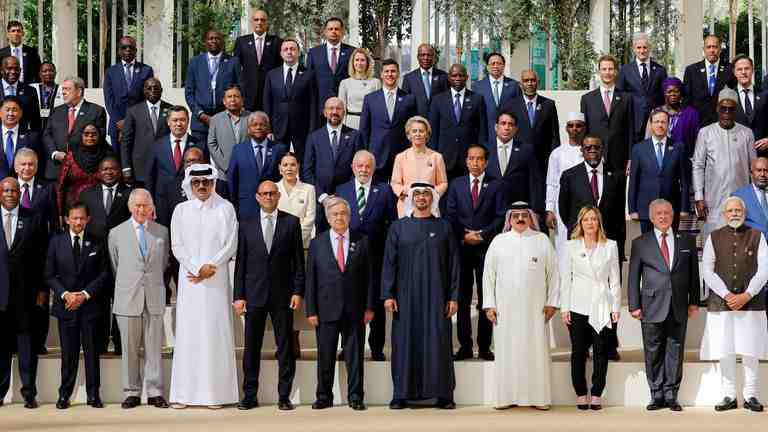10 New Insights in Climate Science 2024/2025, published by Future Earth, The Earth League, and the World Climate Research Programme, synthesizes critical climate science findings from over 80 researchers across 45 countries. The report highlights escalating climate risks—including ecosystem collapse, extreme El Niño events, and infrastructure vulnerabilities—while presenting clear solutions such as methane reduction, nature‑based resilience, and AI‑driven infrastructure adaptation. It underscores the urgency for equitable, science‑backed climate policies ahead of COP29 and beyond.
Key Insights
Methane Surge: Rising methane emissions demand urgent enforceable policies to mitigate climate impacts.
Air Pollution: Reductions in air pollution have complex implications for both mitigation and adaptation efforts.
Habitability Decline: Increasing heat is rendering more regions of the planet uninhabitable.
Maternal Health Risks: Climate extremes are adversely affecting maternal and reproductive well-being.
Ocean Circulation Threats: Concerns about the El Niño-Southern Oscillation and the Atlantic Meridional Overturning Circulation due to an increasingly warm ocean.
Amazon Resilience: Biocultural diversity can bolster the Amazon’s resilience against climate change.
Infrastructure Vulnerability: Critical infrastructure is increasingly exposed to climate hazards, with risks of cascading disruptions across interconnected networks.
Urban Resilience Frameworks: New frameworks for climate-resilient development in cities provide decision-makers with ideas for unlocking co-benefits.
Energy Transition Equity: Closing governance gaps in the energy transition minerals global value chain is crucial for a just and equitable energy transition.
Policy Fairness: Public acceptance of (or resistance to) climate policies crucially depends on perceptions of fairness.









